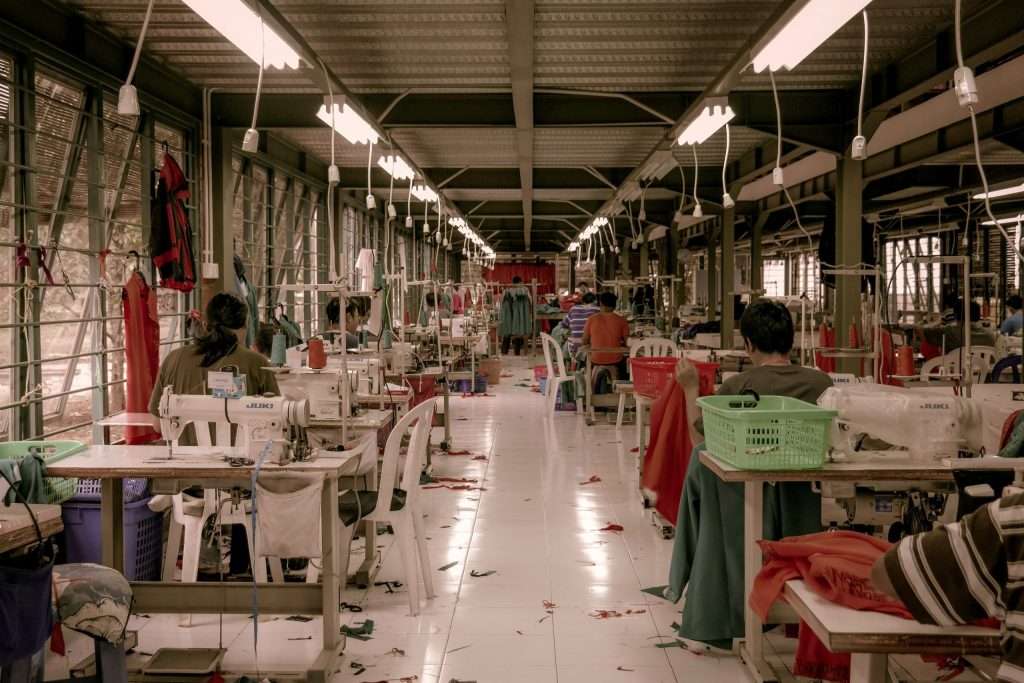The intersection of supply chain integrity and human rights has become a focal point for U.S. regulatory efforts. The Uyghur Forced Labor Prevention Act (UFLPA), which targets forced labor practices, particularly in China’s Xinjiang region, has moved from legislation to active enforcement. Contrary to previous laws that saw minimal punitive action, the UFLPA has demonstrated its teeth. U.S. Customs and Border Protection (CBP) statistics reveal a significant impact: of 5,552 shipments inspected since June 2022, nearly half were denied entry, underscoring the act’s seriousness and the high stakes for non-compliance.
Navigating Compliance: Strategies for Supply Chain Leaders
Supply chain directors must recognize the gravity of UFLPA compliance. The risks extend beyond financial penalties; delayed shipments can derail product launches and seasonal trends, while reputational harm can erode customer and shareholder trust. The act’s reach is extensive, with electronics outpacing textiles as the most scrutinized shipment category. However, all sectors importing into the U.S. must remain vigilant, as evidenced by recent seafood and automotive industry incidents.
To mitigate these risks, proactive measures are essential. Supply chain managers should implement comprehensive supplier surveying and mapping on unified platforms, enabling clear visualization of supply chain dependencies and UFLPA exposure. Continuous monitoring for UFLPA risks is critical, with supplier management systems flagging potential compliance issues. When risks are identified, rapid escalation and mitigation workflows must be enacted to minimize disruption. Additionally, maintaining documentation, such as UFLPA-compliant supplier contracts, is vital for swift CBP reviews.
Embracing Transparency and Innovation
Transparency is the linchpin of effective UFLPA risk management. As supply chains grow in complexity and enforcement tightens, supply chain directors must leverage automation and innovation to identify and address forced labor risks. This proactive stance not only combats unethical labor practices but also safeguards companies from the multifaceted risks of non-compliance.



